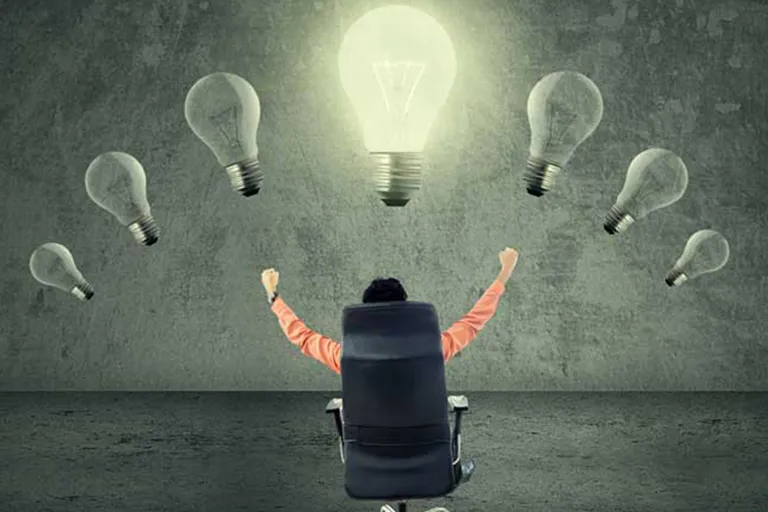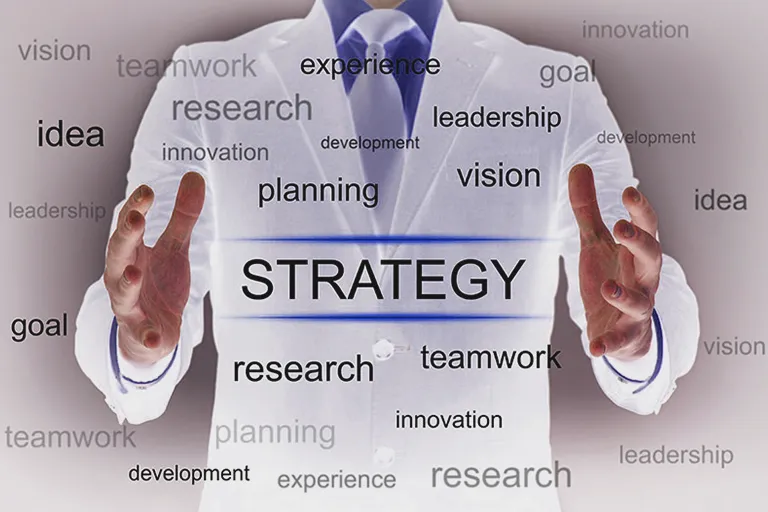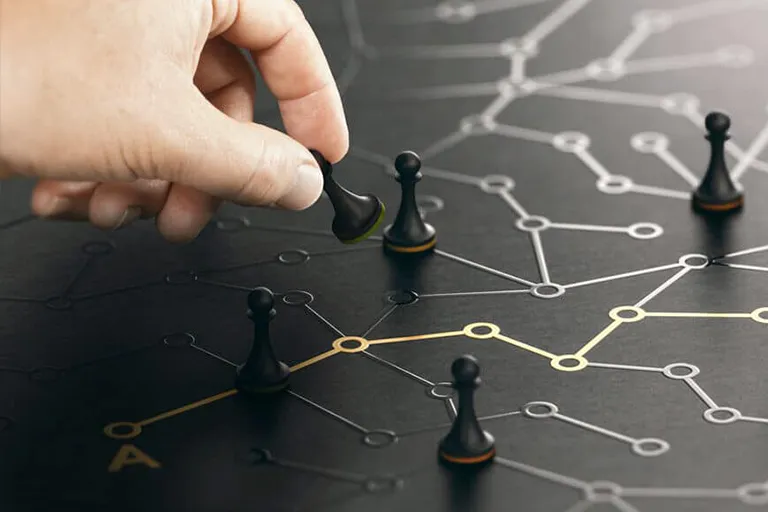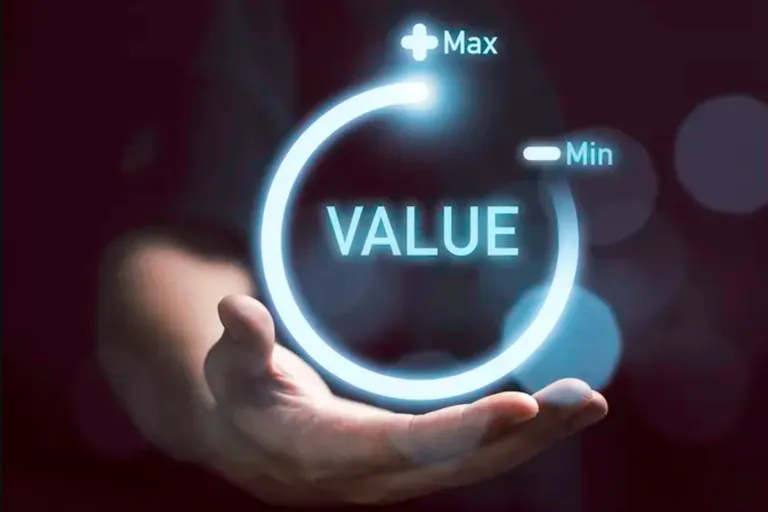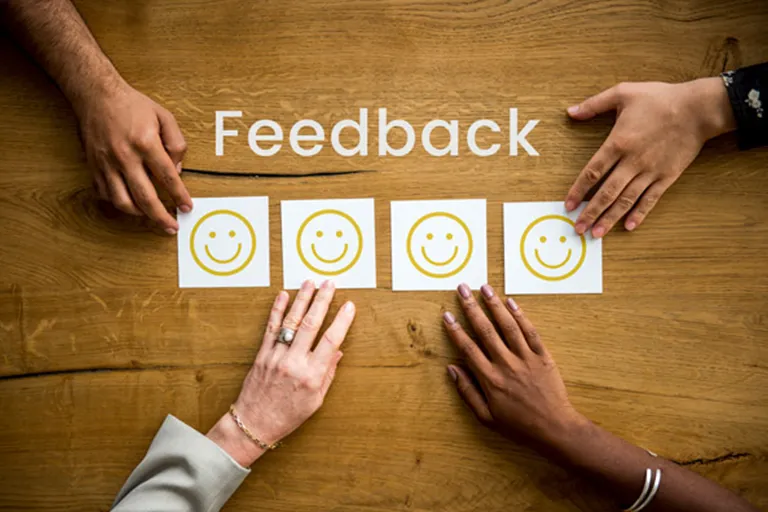Making the right decision does not necessarily lead to the desired result. We know and have heard that success and progress are the result of good decisions, and to make good and right decisions, we must learn from our bad decisions.
But what is the right and good decision? When do we say that we have made the right decision or a good decision?
When we are unhappy with the outcome of our decision, can we still claim that our decision was right?
One of the mental mistakes we humans make is that we confuse the decision process with the decision result; Or, despite being aware of the difference between the two, we cannot distinguish them correctly from each other.
We all know and have heard many times that the decision making process includes the following steps:
- Accurate diagnosis of the problem
- Information gathering
- Find available options
- Evaluating different options
- Choose the best option
But the question is, does going through the above steps necessarily lead to a desirable and lovely result?
Correct decision and unfavorable result
There is no guarantee that going through the decision-making process accurately and correctly will lead to a desirable and lovable result. So we have to distinguish between a good decision and a good result. In three situations, it is possible that the result of the right decision is not desirable and lovable for us:
1- Absence of desirable options
This is the clearest example of violation of the above statement. You measure the current situation and find all possible solutions. But none of them provide your minimum satisfaction.
But anyway, no decision can be postponed permanently and somewhere you have to choose one of the available options.
In such a situation, you choose the option that is less desirable than the others.
This is what is popularly known as the choice between bad and worse.
Suppose while driving at high speed on the road, you have encountered a car that has overtaken in the opposite lane, and is now completely in front of you and cannot return to its lane.
You turn the steering wheel in any direction and you face an accident. The right decision is not going to lead to a pleasant event; It is great that you choose the option with the least damage.
Of course, this example is both very large and exaggerated. But we are constantly faced with such a decision on a smaller scale.
Choosing between one of our four close friends to borrow money when we would prefer not to borrow from any of them is another such example.
Choosing between the lessons of two different professors, neither of whom we like, is another example of this type of decision making.
2- Unpredictable environmental factors
Sometimes, the result of our decision is determined by unpredictable environmental factors.
Consider these examples:
Research more about the product before buying
Let’s say you went to a store to buy a rug and you see a rug there that you really like.
You negotiate with the seller about the price of the carpet and he refuses to lower his offer.
As you see that there are five rugs of exactly the same design in that store and it is unlikely that they will all be sold in an hour, you decide to check out a few other stores nearby.
After a little search, you will realize that there is neither a more beautiful design to your taste nor a lower price offered by anyone.
You return to the first store and see that someone has bought all five rugs and is taking them away.
your decision to search for other stores and obtain more information; It is the right thing to do and it is part of the professional decision-making process; But to suddenly find someone who likes exactly the same carpet, and enters the store immediately after you, and wants exactly five carpets and buys them, is a rare event that may only happen once in the entire life of a carpet seller. to happen.
Probably every time you decide to buy a product in the future, if you need to get more information, you will hesitate for a moment, is it right to delay the purchase?
This is where the discussion of learning from past decisions makes sense and it is important that you recognize how much this experience should affect your future decisions and behavior.
Purchase of company shares
Suppose you are active in the stock market and after complete and accurate calculations, you decide to buy the shares of the hypothetical Omid Farda company in order to balance the risk of your portfolio.
The company has ten years of positive history in the stock market and usually has not had sudden price changes. Its managers are also balanced and act conservatively in decision-making.
The process of determining the dividend and its annual payment is completely uniform and clear.
But some time after you buy the shares of Omid Farda Company, an American company buys more than half of the shares of one of the key European partners of Omid Farda Company, and the cooperation between Omid Farda and the European partner is supposed to be gradually diminished and eliminated.
This news causes a serious fall in the shares of Omid Farda Company. But was your decision to buy Omid Farda shares wrong with the aim of reducing portfolio risk?
3- When the result is bad anyway
You may say to yourself, when I have lost several hundred million Tomans in a stock transaction, why should I be happy that the result was bad, but my decision making process was correct.
In the words of a friend who had such an experience: Creditors and those who hold my check see the result of my decisions and not my decision-making process.
Here, we must pay attention to an important point that the correct decision-making process is not always going to bring us a favorable result at every moment, but since we do not have the power to predict unpredictable factors, it is reasonable to follow the principles of decision-making. Over time, reduce the share of problems and negative consequences beyond our control in our life and business.
For example, if the only purchase in your life was a one-time carpet deal, you could tell yourself that the process doesn’t matter to me and that I’ve lost everything.
But we know that we make the same decisions over and over again, and over time, the benefits of gathering more information are far greater than making a spur-of-the-moment purchase without information.
4- Anticipated adverse scenarios
Suppose you are going to buy a laptop for yourself. After checking different options, you have reached the final two options.
One of the laptops has a beautiful design, but it is very delicate and may be completely destroyed and fail the first time it hits the ground.
The other laptop has a very ugly appearance and it does not give you a good feeling; But it is clear that if it falls on the ground, the ground will be damaged and the laptop will remain intact.
You finally list and evaluate the factors that are important to you and you see that beauty is very important to you. Also, by reviewing your memories, you come to the conclusion that during the last twelve years that you have had a laptop permanently, you have only lost a laptop once.
Therefore, the possibility of falling down and breaking is not ruled out; But considering the importance of the beautiful appearance and design of the laptop for you, you feel that the right decision is to buy a more beautiful laptop.
A few days after you buy the laptop, you accidentally drop it and break it.
Here, apparently, the result of the decision was not favorable to you. But you must remember that you have gone through the right process and have considered the possible scenarios and costs of each one and listed your important factors and preferences.
Therefore, your decision making process is completely correct; Even if an unfavorable result has been obtained.
You ask the bungee jumping instructor if it is safe to jump this way. He answers that out of twenty thousand jumps in recent years, we have only had one fatality.
Note that he is not saying that the probability of your death is zero; Rather, he says that the probability of your death is one in twenty thousand based on his statistical society.
You compare the joy of the jump with the risk involved and jump. Even if you die, your decision-making process was correct despite the unfavorable outcome.
It can be said that your decision was wrong only if the probability of one in twenty thousand is equal to zero and you jumped to the assumption of absolute certainty. In this case, in addition to the unfavorable result, your decision-making process was incorrect.
Of course, we also know that the opposite of this story has many examples. That is, those who have made decisions without going through the correct decision-making process and have reached valuable results.
It is very wrong for those people to mistakenly think that they are good at making decisions, or for us to try to model their decision making.
Suppose we accept that making the right decision does not necessarily lead to the desired result. What can be concluded from such a statement? Accepting this word, what effect will it have on our choices, judgments and decisions from today?
The right decision and the desired result
If you judge people’s past based solely on the result of a limited number of their big decisions; And don’t dwell on the many small decisions they’ve made in the past, you’re kind of focused on the output and not the process.
This allows you to reward them for their past luck or possibly punish them for their bad luck.
Many decisions that are made in the workplace in the field of choosing successful products or promoting employees to better job positions are based on this wrong conclusion.
I’m interested to know what you think. Do you have any experiences that support this conclusion? Or does your experience not confirm it much?
Looking at people’s past decisions, how do you judge whether they are strong or weak in making decisions? How about yourself? Do you only think about your big decisions? Or do you consider your small decisions when evaluating yourself? We will be happy if you answer these questions and share them with us.



